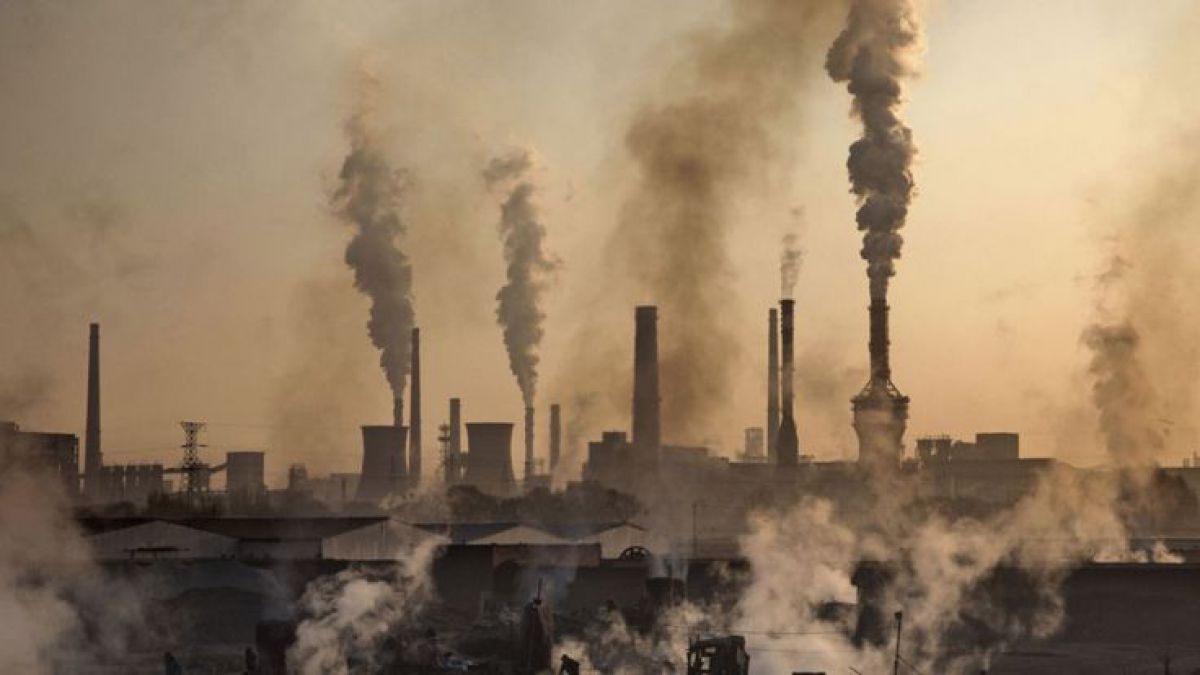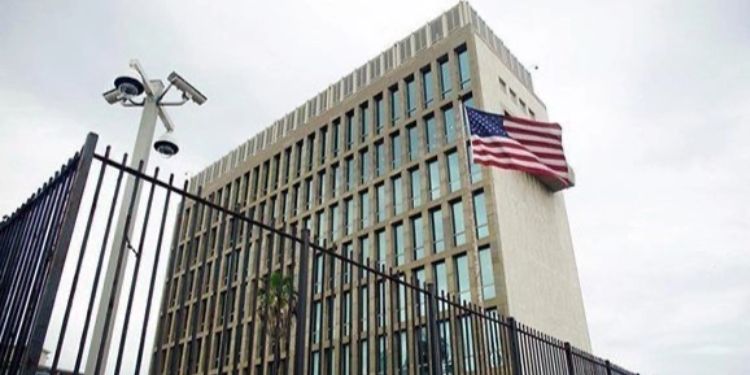The contamination was responsible for the premature death of nine million people in 2019, according to a study published Wednesday by the lancet journal, a figure that is aggravated by poor air quality and the presence of chemical pollutants.
Four years after a first report, the situation has not improved: about one in six premature deaths in the world is associated with pollution, said the Lancet Commission on Pollution and Health.
You may be interested in: Basa fish in Colombia: Discord between the Humboldt Institute and the fishing authority
Pollution and debris released into the air, water and soil do not usually kill directly, but they do cause serious heart disease, cancer, respiratory problems and acute diarrhea.
“The health effects are enormous and low- and middle-income countries are the most affected,” summarized the study’s lead author and co-director of the commission, Richard Fuller.
They are responsible for 92% of those deaths and most of the economic losses.
“The impact of pollution on health remains far greater than that of war, terrorism, malaria, HIV, tuberculosis, drugs and alcohol. The number of deaths caused by pollution rivals those caused by tobacco,” he said.
Also read: First image of the black hole at the heart of the Milky Way
In 2019, 6.7 million premature deaths are attributable to air pollution, 1.4 million to water pollution and 900,000 to lead poisoning.
“The fact that the lead situation is getting worse, especially in poorer countries, and it’s accelerating in terms of death toll, it’s horrific,” Fuller told AFP.

















